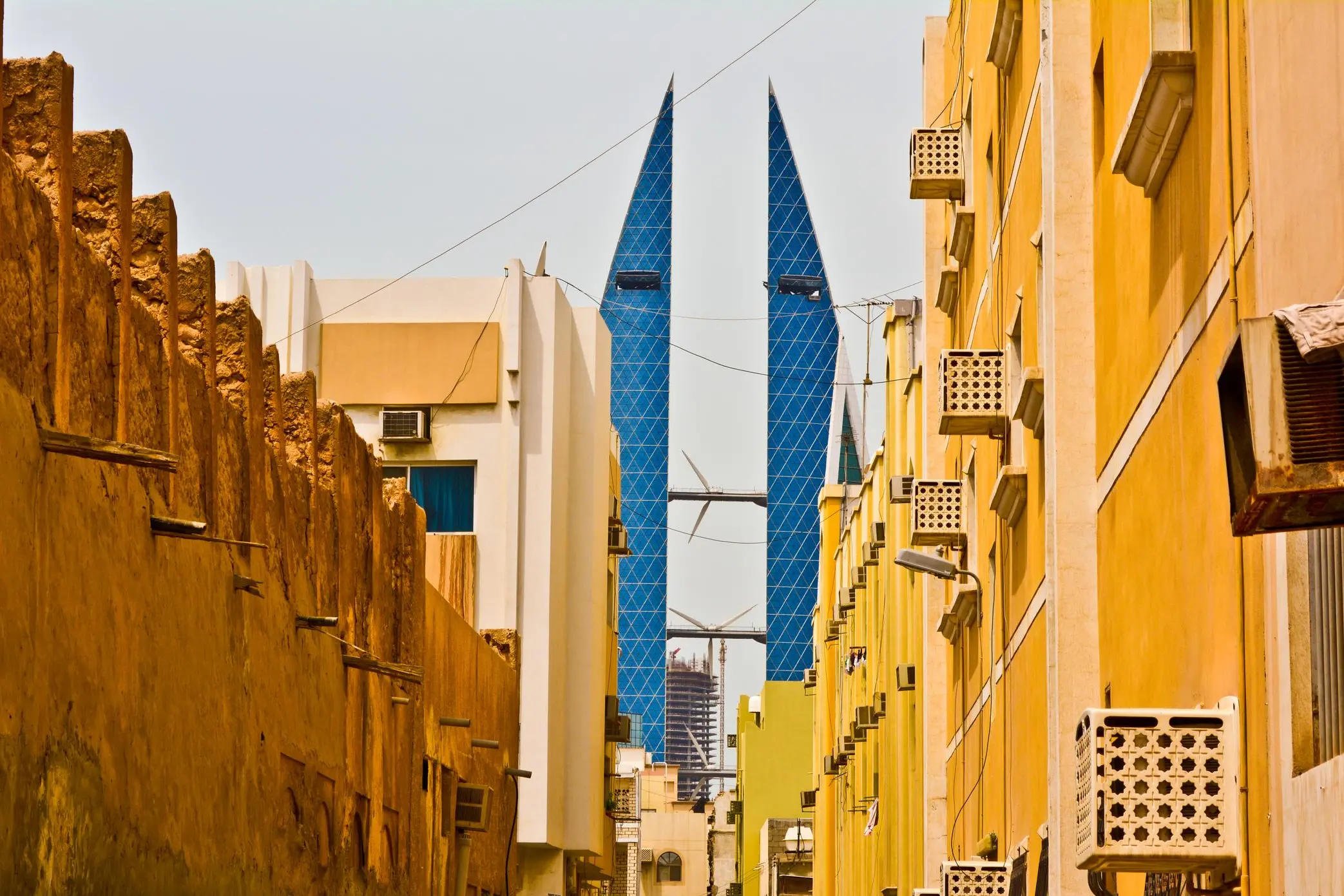PHOTO
Bahrain's hospitality sector is gearing up for a great reset, on the back of an expected influx of Saudi visitors from next week and a surge in staycation business.
Hoteliers and industry experts are pinning their hopes on high occupancy levels, increase in restaurant and cinema bookings, and boost for ancillary services heavily impacted by the coronavirus (Covid-19) pandemic.
Last week, the Saudi Press Agency, quoting a source from the Interior Ministry, announced that the land, sea and air borders will be fully opened at 1am on Monday.
Saudi authorities have listed three categories of citizens who will be eligible to travel:
Those who are vaccinated (received two doses of a Covid-19 vaccine), as well as those who have received one dose, provided that 14 days have passed since they have received the first dose;
Those who have recovered from Covid-19, provided that they have spent less than six months since they were infected; and
Travellers aged below 18, provided they submit an insurance policy that covers Covid-19 risks and is accepted by Saudi and Bahrain authorities.
Vaccinated GCC visitors arriving in Bahrain via the King Fahad Causeway will be exempted from PCR tests, and nor will they be required to undergo precautionary quarantine.
Bahrain authorities have announced that from the first day of Eid it is mandatory for every visitor to display the green shield on the BeAware Bahrain app or other verified applications used in neighbouring Gulf countries that indicates the person is vaccinated in order to visit cinemas, spas, restaurants and other facilities.
Bahrain citizens and residents who have recovered from the coronavirus infection also need to show their certificate on the app in order to avail the different tourism and leisure services.
“We are all excited to welcome Saudi visitors after more than a year, and do good staycation business,” said Elite Hospitality Group chief operating officer Sarosh Aibara.
“Based on conservative estimates we expect occupancy levels to be around 70 per cent (post May 17) that will eventually pick up as more visitors start to arrive.”
He said hotels with private swimming pools and beaches will do better business than other outlets.
RESTRICTION
He added that hotels did decent business thanks to the Formula One Grand Prix in March and travellers who spent 14 days in quarantine in Bahrain before heading to Saudi Arabia.
However, the 50 per cent indoor dining capacity restriction on restaurants and cafes will affect revenues, said Mr Aibara.
“Overall, we welcome the new measures and Covid-19 protocols that will help hotels, restaurants, shopping malls, cinemas and spas,” he clarified.
Bahrain Chamber of Commerce and Industry (BCCI) hospitality and tourism committee deputy chairman Hameed Al Halwachi echoed similar views, saying that the expected influx of visitors will certainly help hotels that rely heavily on Saudi visitors.
However, according to his estimates, the hospitality sector cannot go back to the business it witnessed in 2010, let alone in 2019.
“I think reopening the causeway will help Bahrain’s feeder market because more than 70pc of business comes from there, and this is an excellent move to help the distressed industry,” said Mr Al Halwachi.
“However, in my personal opinion the process should be carefully monitored as we open up because of the high number of Covid-19 cases being recorded over the past few days.”
Meanwhile, BCCI board member and businessman Abdulhakim Al Shammari said he expected 10,000 people to arrive via the bridge that connects the two Gulf nations.
He said the number will increase in the following weeks, pointing out that around 40,000 people used to cross the bridge daily before the pandemic struck.
“The immediate, direct positive impact will be on hotels, shopping malls, restaurants, fuel stations and taxi services, further boosting investor confidence,” said Mr Al Shammari.
Describing the reopening of the causeway as a “life saver”, Skal International Bahrain president Mohammed Buzizi said its economic contribution was vital for businesses in Bahrain.
“Every sector will be hungry to get a piece of this cake (Saudi business) and this is good news for the tourism sector that is among the worst hit globally due to the pandemic,” he said.
Skal International Bahrain, which was established in October 1972, is a professional organisation of leading executives in the hospitality industry.
“Businesses are desperate to see light at the end of the tunnel, and in this case the reopening of the causeway is a ray of hope as we welcome back our brothers and friends,” said Mr Buzizi.
2020 was the worst year on record for international travel due to the global pandemic and travel restrictions, resulting in a 74pc decline in international visitor arrivals, equivalent to more than $1 trillion in revenue losses, and an estimated 62 million fewer jobs.
The impact on international air travel has been even more severe with a 90pc drop in 2019, resulting in a potential $1.8 trillion loss.
© Copyright 2020 www.gdnonline.com
Copyright 2021 Al Hilal Publishing and Marketing Group Provided by SyndiGate Media Inc. (Syndigate.info).





















